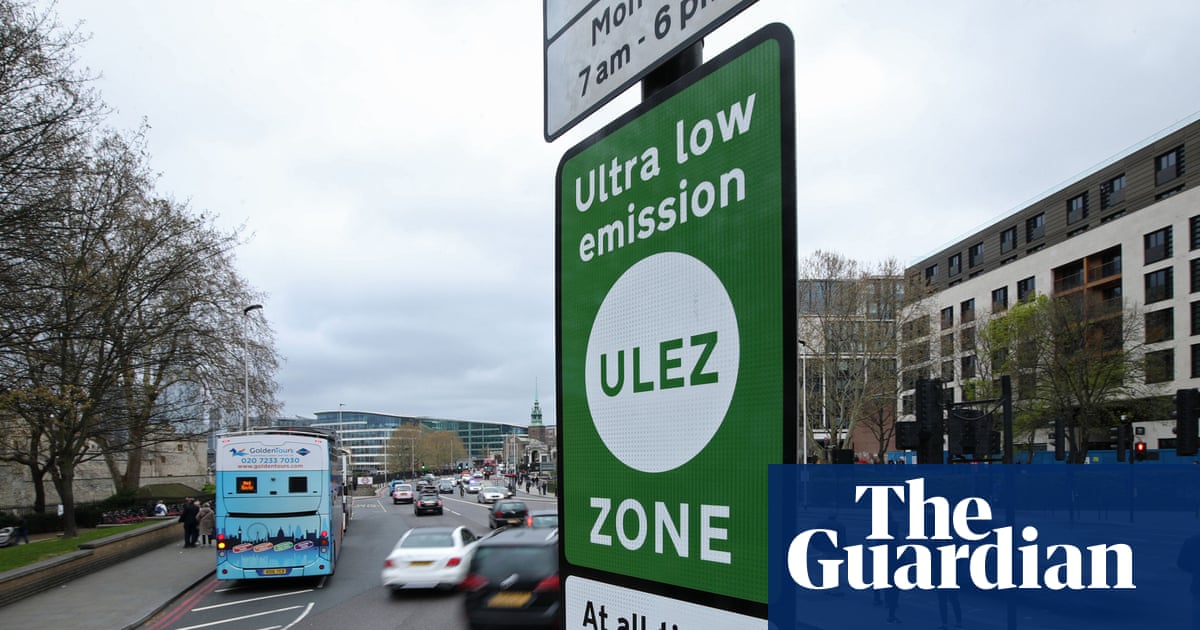Nine years ago, Gibraltar voted by 96% to 4% to remain in the European Union. However, the UK’s simultaneous 52% to 48% leave vote meant Gibraltarians were denied their own will. As the only British overseas territory sharing a land frontier with the EU’s border-free Schengen travel area, and as the focus of a territorial dispute with Spain dating from 1713, this change threatened Gibraltar’s position with a new impasse. The economy of the Rock, heavily dependent on the 15,000 mainly low-wage Spanish residents who routinely cross the border to work there each day, faced an existential danger.
Since 2016, officials from Gibraltar, Britain, Spain and the EU have intermittently attempted to resolve the problems. For years, the process was glacial, and occasionally petulant. In Boris Johnson’s rush to leave the EU, the issue was simply ignored. As recently as 2023, a hard border between Gibraltar and Spain was said to be unavoidable. This week, however, a much better deal was finally sorted. Though the detailed text has yet to be published, it appears to offer the kind of frictionless border crossing on which Gibraltar and the surrounding area depend, as well as being emblematic of the pragmatic reset with Europe being pursued by Sir Keir Starmer’s government.
The core of Wednesday’s agreement is for dual passport checks – British and Spanish – on travellers arriving at Gibraltar airport. These will be similar to the British-French checks that have long been familiar for Eurostar train passengers. There will then be no checks on people and goods crossing the land border with Spain, making Gibraltar effectively part of the Schengen area. In addition, Gibraltar’s VAT-free fiscal regime will end. UK sovereignty over Gibraltar is unchanged, as is Spain’s claim to it. The autonomy of Britain’s military and naval bases is not affected.
The foreign secretary, David Lammy, exaggerated when he said on Thursday in the Commons that the agreement solves “the last major unresolved issue from our decision to leave the EU”. That is surely wishful thinking. Nevertheless, Mr Lammy’s problem-solving approach has helped make the deal possible. The agreement is good for the Gibraltar economy, good for UK-EU relations and good for Britain’s relations with Spain, whose robust economic growth rate Rachel Reeves can only dream of matching.
The UK’s change of government has also made a quiet difference on the opposition benches. Even towards the fag end of the Tory years, obsessive pro-Brexit MPs would still mount indignant campaigns against the, to them, horrifying thought that a Tory foreign secretary, David Cameron, might be prepared to allow Spanish passport checks at Gibraltar airport. There was no echo of that in the Commons on Thursday. Even the shadow foreign secretary, Priti Patel, gave the deal a broadly bipartisan response.
Ms Patel also made an important point that deserves wider support. The deal will eventually become a draft treaty. When that happens, MPs should be able to debate and vote on it. This does not automatically happen, even now, with UK treaties. Parliament can only examine them under limited powers codified in a 2010 law. This law no longer measures up to the national importance of treaties in the post-Brexit era. On Thursday, the foreign affairs committee chair, Emily Thornberry, rightly described this system as rubbish. Mr Lammy should waste no more time. Parliamentary scrutiny of treaties should be brought into the 21st century.

 3 months ago
76
3 months ago
76

















































